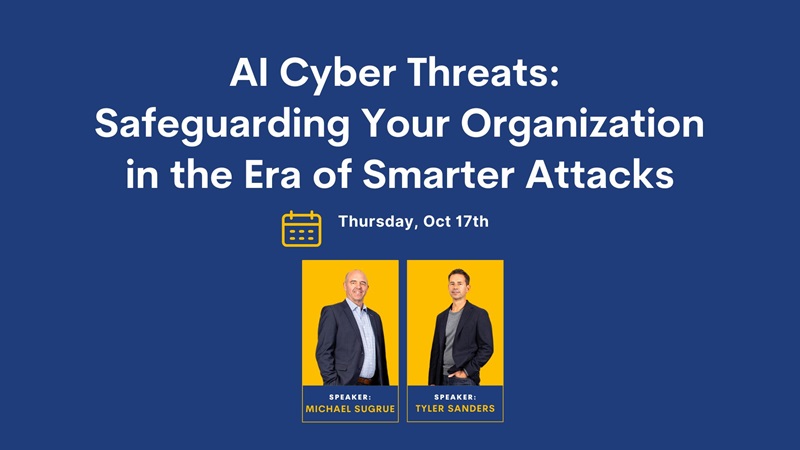
Understanding Malicious SEO Poisoning Attacks and How to Protect Your Business or Law Firm
In today’s digital landscape, search engines play a crucial role in how users find and interact with online content. But what happens when search results become a tool for cybercriminals? This is where SEO poisoning comes into play—a tactic used by bad actors to manipulate search engine results, often leading users to harmful websites. In this blog, we'll explore what SEO poisoning attacks are, how they work, and how your business can stay protected.
What Are SEO Poisoning Attacks?
SEO poisoning, also known as search engine poisoning, refers to a cyberattack where criminals manipulate search engine optimization (SEO) techniques to promote malicious websites. The goal is to deceive users into clicking on these harmful sites, believing they are visiting legitimate sources.
These attacks exploit popular search terms, especially during trending events or breaking news, and leverage techniques like keyword stuffing and link farming. When users click on these compromised search results, they are often led to phishing websites, malware-infected downloads, or scam pages.
How Do SEO Poisoning Attacks Work?
The basic strategy behind SEO poisoning is to flood search engines with malicious links, so they rank higher than legitimate websites. Cybercriminals achieve this through several methods, including:
- Keyword Hijacking: By using trending or high-volume search keywords, attackers aim to make their malicious sites appear in the top search results.
- Link Farming: Attackers create fake websites and blog networks filled with backlinks to their primary malicious website, boosting its SEO ranking artificially.
- Malware-Embedded Pages: Many poisoned websites appear normal but contain hidden malware scripts. Simply visiting the page can lead to a system being compromised.
- Phishing Attempts: Some SEO-poisoned pages redirect users to phishing sites that steal login credentials or personal information.
Real-World Examples
SEO poisoning attacks have been used in a variety of scenarios:
- COVID-19 Searches: During the early days of the pandemic, many users searching for updates and health guidelines were directed to malicious sites disguised as official health resources.
- Trending Celebrity News: Hackers often target entertainment and celebrity news by creating malicious websites that promise exclusive content or breaking news.
- Software Downloads: Search results for popular software are also commonly poisoned, leading users to download versions laced with malware.
How to Protect Your Business from SEO Poisoning Attacks
While SEO poisoning may seem like an attack on search engines, businesses can also take proactive steps to safeguard themselves and their employees from falling victim to these tactics. Here are some key strategies:
- User Education: Ensure employees understand how to recognize suspicious links and avoid clicking on search results that don’t come from trusted sources. Phishing awareness training is critical in preventing accidental or unintentional exposure.
- Use Trusted Security Tools: Having strong endpoint protection and anti-malware software can help detect malicious websites before they can cause harm. A good web filtering solution can block access to suspicious URLs.
- Secure Your Website: Ensure your own website’s SEO and content are secure. If your website becomes compromised, attackers can use it as a vehicle for SEO poisoning, damaging your reputation and customer trust.
- Stay Updated: Keep up with trending keywords that cybercriminals may target. Being aware of these can help your team avoid unnecessary exposure when searching for information online.
- Report Malicious Websites: If you come across a malicious website, report it to search engines to help remove it from their results and protect others.
Malicious SEO poisoning attacks are a growing concern, but with the right education, tools, and strategies, businesses can avoid becoming victims. Cybercriminals will always seek new ways to exploit technology, but by staying vigilant and proactive, you can keep your business and employees safe from these evolving threats.
At PACE Technical, we help businesses navigate the complexities of IT security, providing the tools, expertise and education necessary to stay ahead of cyber threats. Contact us today to learn how we can help protect your business or law firm from malicious SEO poisoning attacks and other online dangers.
Author:
Mel Duncan
Manager, Marketing Communications & Culture

.tmb-cfthumb_fb.png?Culture=en&sfvrsn=b0d69e1f_1)





